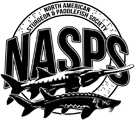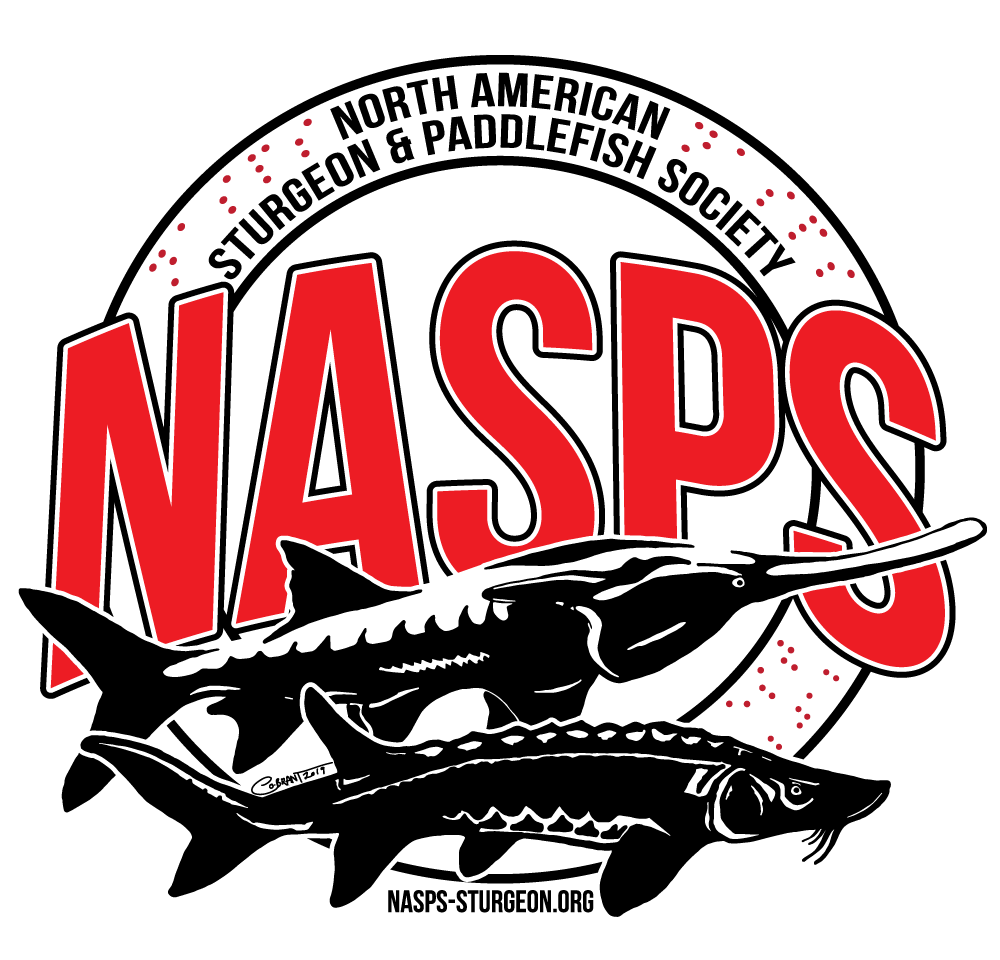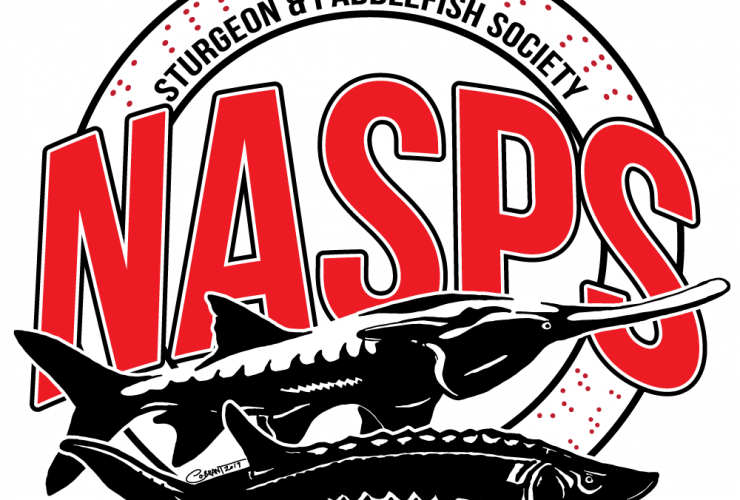The North American Sturgeon and Paddlefish Society (NASPS) is sponsoring a symposium at the American Fisheries Society (AFS) national meeting in Grand Rapids, MI on August 20-24, 2023. The session id is #16: North American Sturgeon and Paddlefish: Challenges to Adaptive Management During Ecosystem Change.
The AFS meeting ‘Call for Abstracts’ will be open from March 9 until April 8th. Symposium sessions will accept abstracts through the AFS abstract portal (https://afsannualmeeting.fisheries.org/call-for-abstracts/). The session will be available to all abstract authors.
Author submissions should be submitted through the AFS National Meeting portal for consideration in session #16. Authors will be notified following review by the symposium committee. 1. Go to the conference website at https://afsannualmeeting.fisheries.org/
2. Click on “submit abstract”
Further Information
Session Title
North American Sturgeon and Paddlefish: Challenges to Adaptive Management During Ecosystem Change
Organizers
Kim Scribner, Department of Fisheries and Wildlife, Michigan State University, East Lansing, MI 48824; Email: scribne3@msu.edu (lead organizer)
Jennifer Johnson, Michigan Department of Natural Resources, Crystal Falls Station, Crystal Falls, MI 49920; Email: JohnsonJ17@michigan.gov (co-organizer)
Laura Heironimus, Washington Department of Fish and Wildlife, Ridgefield, WA 98642; Email: laura.heironimus@dfw.wa.gov (co-organizer)
Ken Lepla, Idaho Power Company, Boise, ID 83702; Email: klepla@idahopower.com (co-organizer)
Doug Larson, Department of Fisheries and Wildlife, Michigan State University, East Lansing, MI 48824; Email: larso147@msu.edu (co-organizer)
Jason Schooley, Oklahoma Department of Wildlife Conservation, Jenks, OK 74037; Email: jason.schooley@odwc.ok.gov (co-organizer)
Description – Sturgeon and Paddlefish possess life history characteristics that pose both challenges and advantages to management in the face of anthropogenically-mediated ecosystem perturbations. These species are iteroparous and highly fecund, but exhibit delayed sexual maturity and long generation lengths which effectively slow the rate of genetic adaptation in response to changed conditions. Natural recruitment is negatively impacted by altered habitat and associated changes to the historically-reliable environmental cues that once successfully directed critical life events. Dams and other fish passage impediments reduce the quality and quantity of accessible spawning habitats and serve to fragment populations, thereby reducing gene flow and lessening the populations’ resilience. Management efforts are also impeded by an ever-evolving spectrum of social, economic, and environmental constraints. This symposium will draw attention to emerging threats and challenges broadly impacting sturgeon and paddlefish species across their range and will highlight the implementation of innovative adaptive management strategies.
Abstract – Sturgeon and Paddlefish are primitive fishes that as a group are broadly distributed, but are widely considered species of conservation concern due to declining abundance and distribution. These species are iteroparous and highly fecund, but exhibit delayed sexual maturity and long generation lengths which effectively slow the rate of genetic adaptation in response to changed conditions. Natural recruitment is negatively impacted by altered habitat and associated changes to the historically reliable environmental cues that once successfully directed critical life events. Dams and other fish passage impediments reduce the quality and quantity of accessible spawning habitats and serve to fragment populations, thereby reducing gene flow and lessening the populations’ resilience. Management efforts are also impeded by an ever-evolving spectrum of social, economic, and environmental constraints. This symposium will focus on sturgeon and paddlefish but will draw attention to challenges broadly impacting iteroparous and long-lived species. Presentations will highlight novel and adaptive management prescriptions being implemented throughout North America. A non-exhaustive example of relevant presentation topics will include: human-directed fish passage at different life stages, novel methods of sturgeon and paddlefish culture, population responses to restoration of degraded and limiting habitat, causes of natural recruitment failure and innovative management prescriptions, physical and biotic effects and community responses across trophic levels including predator-prey interactions, examination of examples of adaptive behavioral plasticity in response to environmental change and increasing variability that could be embraced in future management efforts.


